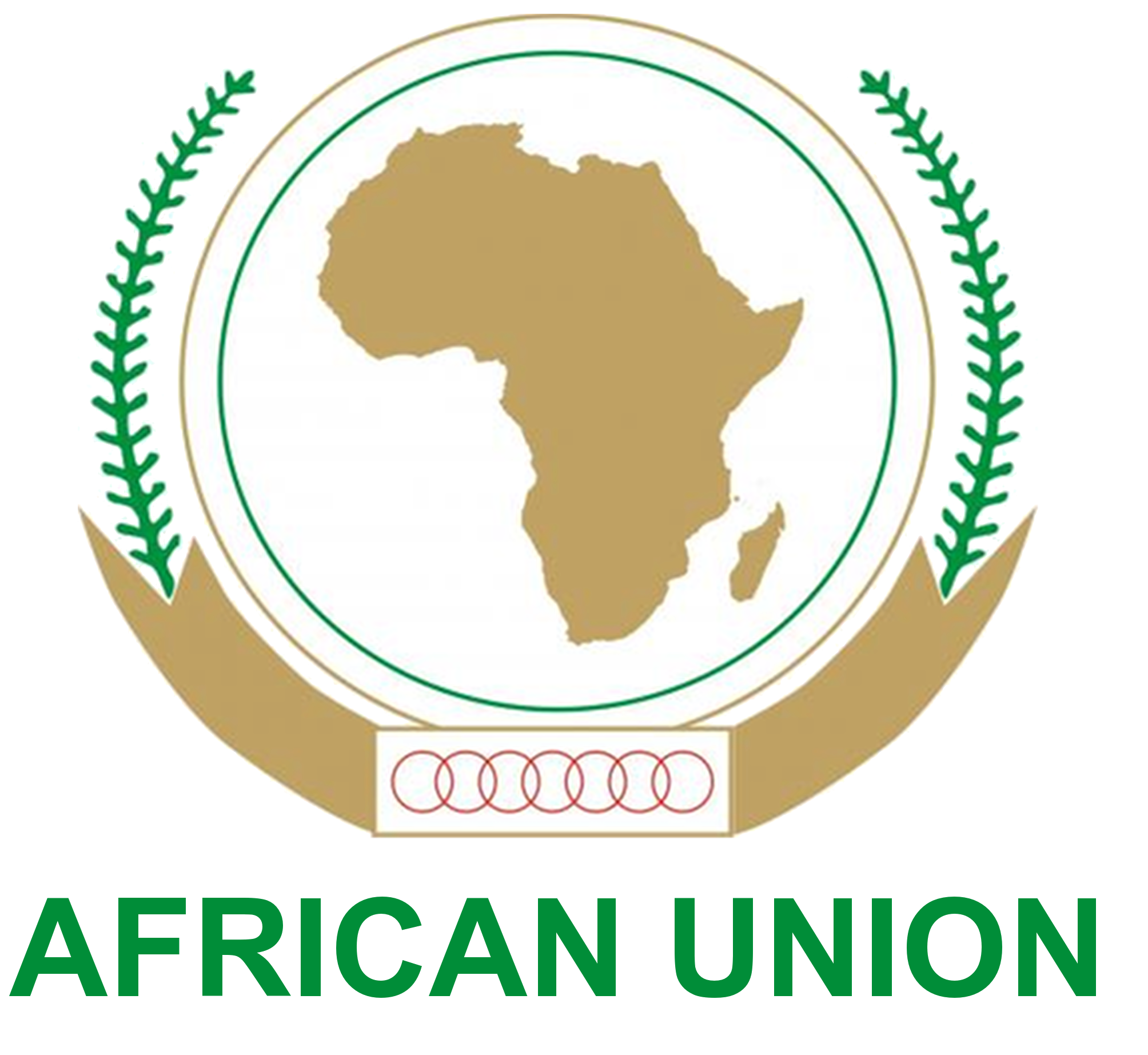Methodology & Sustainability
Methodology

A key component is the dissemination of knowledge and special skills pertaining to MEAs. The activities in each country shall focus on the development of appropriate tools for capacity building within the framework of their individual needs and priorities. Institutional capacities will be enhanced through the preparation of manuals, guidebooks and curricula as well as other publications and materials on MEA implementation. These will enhance the capacities of various institutions to carry out their activities on a sustainable basis beyond the project cycle.
The African Hub will work with UNEP to analyse and synthesise existing capacity enhancement needs assessments. Needs workshops will be held to prioritise and endorse the identified needs with the input of participating countries and partners. Beneficiary countries will need to be fully involved in undertaking the activities. Active participation of national experts is a means of capacity building and will ensure sustainability and national ownership of results.
The African Hub will be linked with other ongoing processes and initiatives related to the implementation of MEAs and the attainment of MDGs. These include activities undertaken under the joint UNDP-UNEP Poverty and Environment Initiative, which currently has activities in ten African countries. Links may also be developed with activities undertaken under the UN Development Assistance Framework (UNDAF) process. MEA secretariats will be involved especially when priority capacity enhancement activities are identified and activities are implemented. The African Hub will elaborate a Sustainability Action Plan based on the review and evaluation of identified activities. The Action Plan will include resource mobilisation and sustainable financing strategies.
The main anticipated constraint is the capacity of the African Hub to effectively manage the scale of activities and implement them. African ACP countries also face similar constraints. These constraints will need to be considered and measures need to be taken to mitigate their effects. Sensitization will be required to ensure full comprehension of and engagement in the activities. There is a need to harmonize ongoing activities in African, as well as for institutional coordination, to avoid duplication and overlap.
Sustainability
African countries are numerous and geographically spread out over a vast area. Their relative capacities place a special challenge for the planning and implementation of activities. The African Hub will need to be supported by a well-coordinated and integrated work plan, an effective communication infrastructure and adequate and timely funding. A high level of ownership by governments and national stakeholders, the ability to lead and participate in the planned interventions, the commitment to inter-agency collaboration and coordination arrangements and the commitment to planning and implementing sustainability strategies are equally essential. Activities related to mainstreaming MEAs will support financial sustainability. These will include: a gradual increase in government funding for MEA-related activities; mainstreaming MEAs into national development policies and poverty reduction strategies; implementation of MEAs being given full consideration in the allocation of resources; an increased level of active participation by NGOs, the private sector and scientific and educational institutions in MEA-related activities and decision-making processes; an increased number of stakeholder representatives trained in resource mobilization strategies resulting in increased numbers of fundable project proposals and increased levels of donor support. Institutional sustainability will be achieved through the identification and clarification of roles and responsibilities of national institutions and individuals linked to each MEA. This will be further supported by strengthening the capacities of these institutions and individuals to carry out their defined roles. National networks and collaboration will be promoted and established in order to ensure continuity of MEA implementation even when a particular official leaves an institution.
